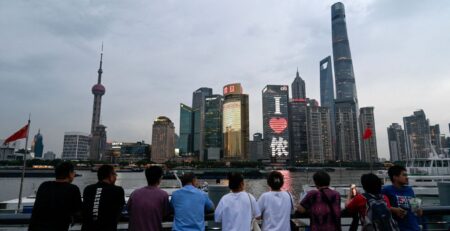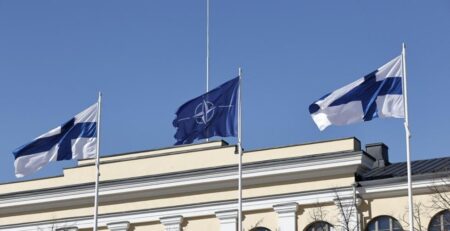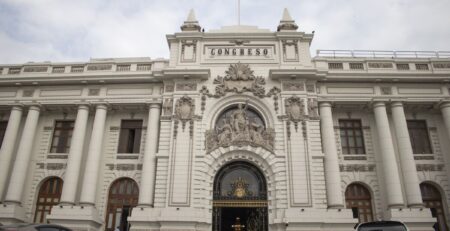Sukuk – a new avenue for funding African infrastructure
African governments need to embrace private sector infrastructure investment to alleviate the burden on the public purse.
Fully convertible exchange rates and allowance for capital to easily move in and out of African countries should be deemed precedent conditions.
Sukuk – the Islamic equivalent of bonds – give investors a share of an asset together with the attendant cash flows and risk. It can only be extended to productive activities, trade, and real assets.
Globally Sukuk issuance in 2017 increased by 45.3%, reaching $97.9 billion, up from $67.4 billion in 2016.
In generic terms, economic theory categorises infrastructure assets, as public goods. This means a good or service that is provided without profit to all members of society. The absence of the profit incentive (by default), has placed the provision of public goods or services in the laps of governments, to be paid for by tax revenue.
For Africa, the accelerated development of its infrastructure (inclusive of repairs and maintenance) is vital to achieving sustainable social and economic development milestones. So urgent is this need that the responsibility for providing infrastructure can no longer solely rest with African governments. Accordingly, African governments can no longer afford to ignore private sector investment in infrastructure as an option to alleviate the burden on the public purse. The mobilisation of private investment such as the long-term savings of African pensions and insurance pools must be addressed.
Read more Esi-Africa










